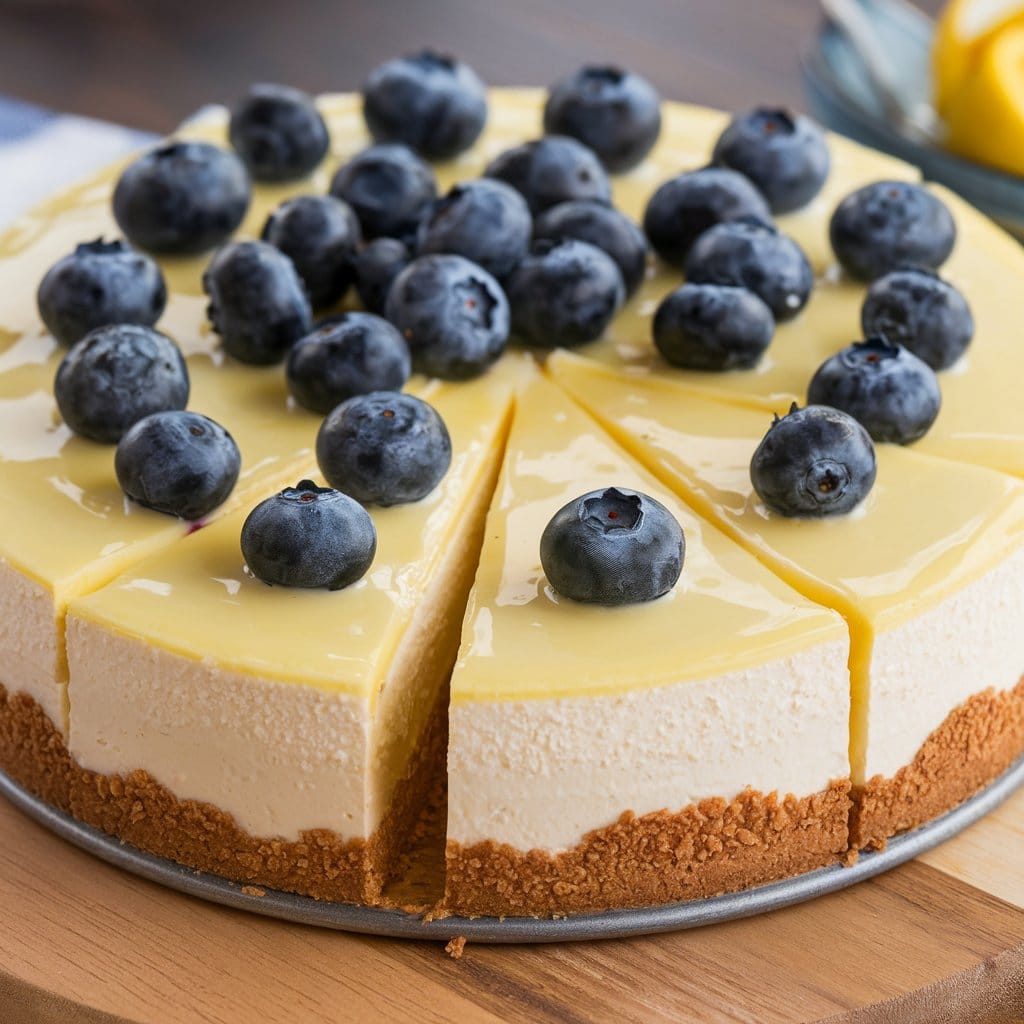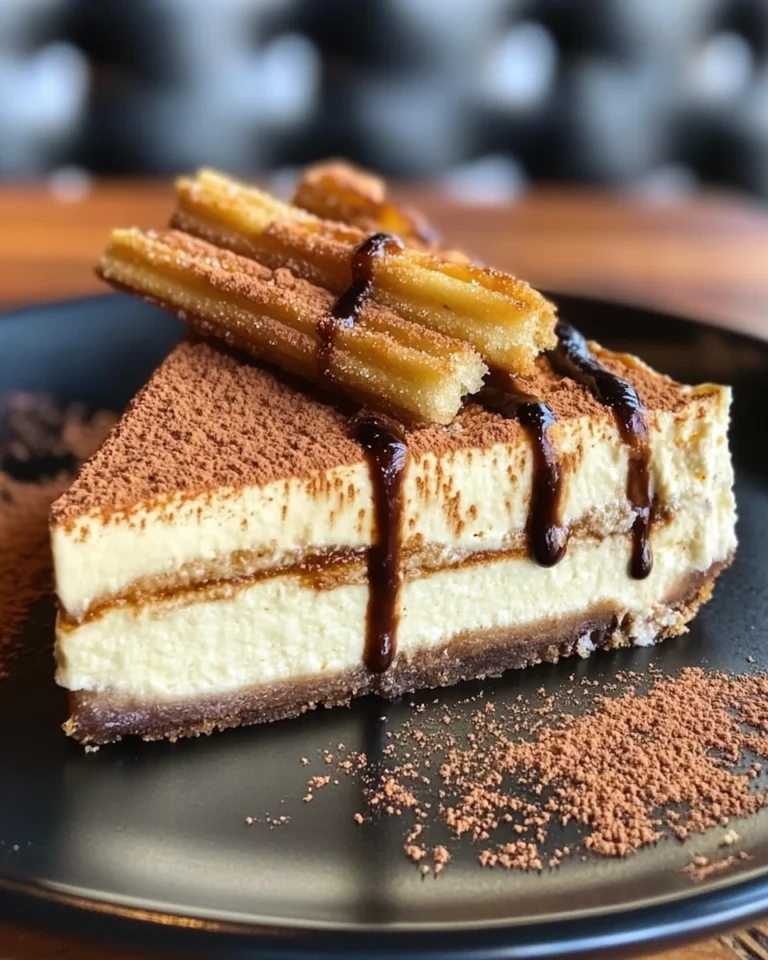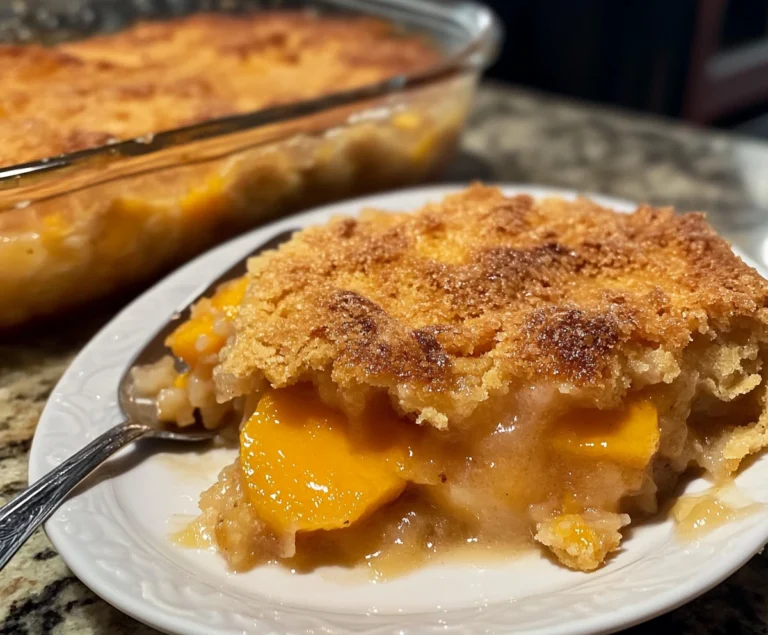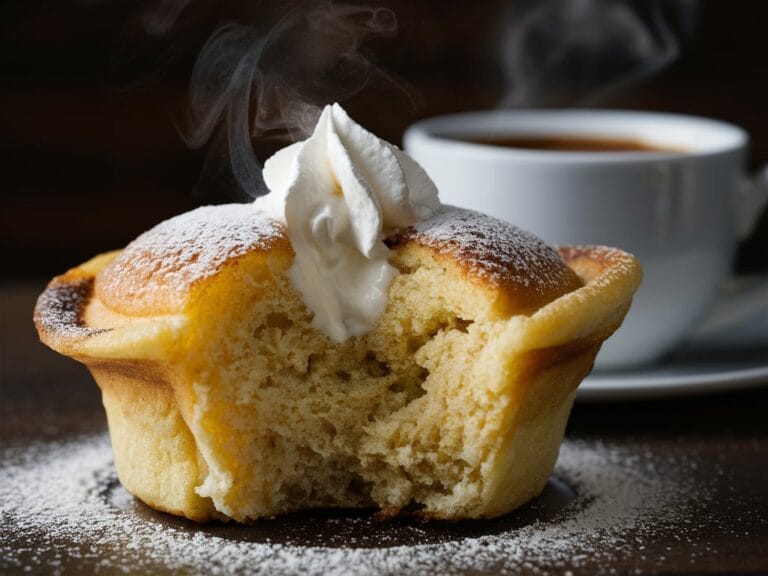How Many Carbs Are in a Lemon Blueberry Cheesecake?
How Many Carbs Are in a Lemon Blueberry Cheesecake?
Lemon blueberry cheesecake is a delicious dessert, but have you ever wondered how many carbs are in a lemon blueberry cheesecake? Whether you’re counting carbs for health reasons or following a low-carb or keto diet, understanding the carb content of this popular treat is important. In this guide, we’ll explore the carb count in different variations of lemon blueberry cheesecake and provide tips for creating keto-friendly versions.
Introduction to Lemon Blueberry Cheesecake
lemon blueberry cheesecake is one of the most versatile desserts around. From New York-style lemon blueberry cheesecake to no-bake variations, there is a type for every taste preference. Lemon blueberry cheesecake adds a fruity twist to the classic, combining the tartness of lemon with the natural sweetness of blueberries. Both ingredients pair beautifully with the rich, creamy texture of cheesecake.
However, despite its delicious flavor, cheesecake—especially fruit-based variations—can be high in carbs due to ingredients like sugar, graham crackers, flour, and fruit. With many people becoming more conscious of their macronutrient intake, understanding how many carbs are in lemon blueberry cheesecake is essential, particularly for those on low-carb diets or managing their blood sugar levels.
What Are Carbohydrates and Why Do They Matter?
Before diving into the specifics of lemon blueberry cheesecake, it’s important to understand what carbohydrates are and why they matter.
Carbohydrates: A Quick Overview
Carbohydrates (or “carbs”) are one of the three main macronutrients in food, alongside proteins and fats. They are the body’s primary source of energy. When we eat carbs, our body breaks them down into glucose, which is used for energy. However, consuming too many carbs can lead to spikes in blood sugar levels and excess storage of glucose as fat, which is why carb management is critical for many individuals, particularly those following low-carb, ketogenic, or diabetic-friendly diets.
Simple vs. Complex Carbs
Carbs come in two main forms:
- Simple carbs: These are found in foods like sugar, syrups, and processed products. They are quickly broken down by the body and can cause spikes in blood sugar.
- Complex carbs: Found in whole grains, legumes, and vegetables, these carbs are broken down more slowly, providing a more stable source of energy.
Cheesecake, especially traditional versions, is high in simple carbs due to the sugar and crust, making it a concern for anyone trying to limit carb intake.
Nutritional Breakdown of Lemon Blueberry Cheesecake
To get a clearer idea of the carb content in lemon blueberry cheesecake, let’s explore the nutritional components of a traditional recipe, followed by keto and low-carb versions.
Traditional Lemon Blueberry Cheesecake
A traditional lemon blueberry cheesecake is typically made with ingredients like sugar, graham crackers (for the crust), blueberries, cream cheese, eggs, and butter. These ingredients make for a delicious, rich dessert, but they also contribute significantly to its carbohydrate content.
Here is a breakdown of the average nutritional content per slice (126g) of traditional lemon blueberry cheesecake:
- Calories: ~390
- Carbohydrates: ~51g
- Protein: ~6g
- Fat: ~26g
- Sugars: ~40g
Key Carb Contributors in Traditional Cheesecake:
- Graham Cracker Crust: Graham crackers are high in refined flour and sugar, making them a significant source of carbs.
- Sugar: The large amount of sugar in both the cheesecake filling and the fruit topping is the primary contributor to the high carb content.
- Blueberries: While blueberries are a lower-carb fruit, they still add natural sugars.
For more information on creating and modifying this type of dessert, you can explore this easy lemon blueberry cheesecake recipe to understand its full flavor profile and construction.
Low-Carb and Keto Lemon Blueberry Cheesecake
For those on low-carb or keto diets, traditional lemon blueberry cheesecake is likely off-limits due to the high sugar and carb content. However, with some smart ingredient swaps, you can still enjoy this dessert with significantly fewer carbs.
Common Ingredient Swaps:
- Almond Flour Crust: Replacing the traditional graham cracker crust with an almond flour crust drastically reduces the carbs.
- Low-Carb Sweeteners: Replacing sugar with low-carb sweeteners like monk fruit, stevia, or erythritol cuts the carbs almost entirely while still providing the sweetness needed for the dessert.
- Cream Cheese: Cream cheese is naturally low in carbs, making it keto-friendly without needing substitution.
Here is a typical breakdown for a low-carb lemon blueberry cheesecake (per 126g slice):
- Calories: ~250
- Carbohydrates: ~8g (net carbs)
- Protein: ~6g
- Fat: ~22g
- Sugars: ~2g (from blueberries)
Keto versions of cheesecake often emphasize net carbs, which subtracts fiber and sugar alcohols from the total carb count, as these don’t impact blood sugar in the same way as regular carbs. For more on creating keto-friendly cheesecakes, you can explore this keto-friendly churro cheesecake recipe for similar dessert ideas.
Factors That Influence Carb Content in Lemon Blueberry Cheesecake
Several factors influence the overall carb content of a lemon blueberry cheesecake. Let’s dive into these factors to better understand how to make healthier, low-carb versions.
1. The Crust
The crust is one of the main sources of carbs in cheesecake. Traditional graham cracker crusts are made from graham crackers, sugar, and butter, contributing a high number of carbs. However, you can reduce the carb content by replacing the crust with low-carb alternatives like:
- Almond Flour: Almond flour is high in healthy fats and fiber, making it a great low-carb option for keto recipes.
- Coconut Flour: Coconut flour is another popular alternative that is lower in carbs than regular flour or graham crackers.
2. Sweeteners
Traditional cheesecake recipes call for large amounts of sugar, which can make up the majority of the carbs. Using low-carb sweeteners like erythritol, monk fruit, or stevia can significantly lower the carb count without compromising on sweetness.
3. Fruits
While blueberries are relatively low in carbs compared to other fruits, they still contribute to the overall carb count. Using fewer blueberries or substituting with even lower-carb fruits (like raspberries) can further reduce the carb content.
4. Portion Size
Portion control is key to managing carb intake. A standard slice of lemon blueberry cheesecake (126g) can contain up to 51g of carbs, but smaller portions or mini cheesecakes can reduce this number. For example, mini cheesecakes may only contain about 16g of carbs per serving, depending on the ingredients used.
For a lighter and healthier alternative, consider this almond flour cupcake recipe, which shares many principles with low-carb desserts like cheesecake.
How to Make a Low-Carb Lemon Blueberry Cheesecake
Now that we’ve identified the main contributors to carb content, let’s explore how to make a low-carb version of this classic dessert. Below is a step-by-step guide for creating a keto-friendly lemon blueberry cheesecake.
Ingredients
Crust:
- 1 ½ cups almond flour
- ¼ cup melted butter
- 2 tbsp erythritol (or another low-carb sweetener)
- Pinch of salt
Cheesecake Filling:
- 16 oz cream cheese (softened)
- ½ cup erythritol (or monk fruit sweetener)
- 2 large eggs
- 2 tsp vanilla extract
- 2 tbsp lemon juice
- Zest from 1 lemon
Blueberry Topping:
- 1 cup fresh blueberries
- 2 tbsp erythritol (optional)
- 1 tbsp lemon juice
Instructions
- Prepare the Crust: Preheat your oven to 350°F (175°C). Mix the almond flour, melted butter, erythritol, and salt in a bowl. Press the mixture into the bottom of a springform pan and bake for 8-10 minutes, or until lightly golden.
- Make the Filling: In a large bowl, beat the softened cream cheese and erythritol until smooth. Add the eggs one at a time, mixing thoroughly. Add the vanilla extract, lemon juice, and lemon zest, and continue mixing until the filling is smooth and creamy.
- Bake the Cheesecake: Pour the filling over the cooled crust. Bake for 50-60 minutes, or until the center is almost set. Remove from the oven and allow the cheesecake to cool completely.
- Prepare the Blueberry Topping: While the cheesecake cools, make the blueberry topping. Combine the blueberries, erythritol, and lemon juice in a small saucepan. Cook over medium heat until the blueberries have softened and the sauce has thickened slightly. Let cool before spreading over the cheesecake.
- Chill and Serve: After the cheesecake has cooled, refrigerate for at least 4 hours (preferably overnight). Once chilled, top with the blueberry mixture and serve.
Nutritional Information (per slice, 10 servings)
- Calories: ~250
- Total Carbohydrates: ~10g
- Net Carbohydrates: ~7g
- Fat: ~22g
- Protein: ~6g
By using almond flour, low-carb sweeteners, and controlling the portion size, this recipe cuts down the carb content while still delivering the creamy, tangy, and sweet flavors you love.
How to Calculate Carbs in Homemade Lemon Blueberry Cheesecake
When making your own lemon blueberry cheesecake at home, calculating the carbohydrate content is essential for those tracking their macronutrient intake. Here’s how to calculate the carbs in your cheesecake.
1. List Each Ingredient’s Carb Count
First, look at each ingredient and determine its carbohydrate content. You can use nutrition labels or tools like MyFitnessPal or Carb Manager to find the exact values.
For example:
- Almond flour: 2g of carbs per ¼ cup
- Erythritol: 0g of net carbs (it’s a sugar alcohol that doesn’t impact blood sugar)
- Blueberries: 12g of carbs per ½ cup
2. Add the Carbs for the Whole Recipe
Next, total the carbs for all the ingredients in the recipe.
Example:
- Crust: Almond flour (1 ½ cups) = 12g of carbs
- Filling: Erythritol (½ cup) = 0g of carbs, cream cheese (16 oz) = 8g of carbs
- Blueberry topping: Blueberries (1 cup) = 24g of carbs
Total = 44g of carbs for the entire cheesecake.
3. Divide by the Number of Servings
Finally, divide the total carb count by the number of servings to find the per-slice carb content. If your cheesecake serves 10 people, each slice contains approximately 4.4g of carbs.
This calculation gives you a rough estimate of the carb content of your homemade cheesecake, allowing you to adjust the ingredients or portion sizes as needed.
Dietary Considerations and Health Benefits
Lemon blueberry cheesecake can be modified to fit a wide range of dietary needs, whether you’re following a keto, low-carb, diabetic, or gluten-free diet. Let’s explore some dietary considerations and the potential health benefits of lemon blueberry cheesecake when prepared with thoughtful ingredient choices.
Low-Carb and Keto Diets
For those on a keto or low-carb diet, the primary concern is keeping net carbs low to stay in ketosis. Using almond flour or coconut flour for the crust and low-carb sweeteners like erythritol or monk fruit can make this dessert perfectly suitable for keto dieters. Cream cheese is naturally high in fat and low in carbs, making it an excellent base for keto-friendly cheesecakes. By limiting the amount of fruit and controlling portion sizes, you can enjoy this dessert while staying within your daily carb limits.
Diabetic-Friendly Cheesecake
For individuals managing diabetes, reducing the sugar content is essential. Using sugar alternatives like stevia or monk fruit can help lower blood sugar spikes. Additionally, by using almond flour for the crust, you can create a lower-glycemic version of the traditional cheesecake that’s easier to incorporate into a diabetic meal plan.
Gluten-Free Options
Because traditional graham cracker crusts contain gluten, switching to an almond flour or coconut flour crust is a great way to make this dessert gluten-free without sacrificing flavor or texture. Both flours provide a nutty richness that complements the flavors of lemon and blueberry beautifully.
For more on making your desserts healthier and gluten-free, you can also explore this low-carb guide to delicious cheesecakes, which offers tips on reducing gluten and carbs.
Frequently Asked Questions (FAQs)
How Many Carbs Are in a Store-Bought Lemon Blueberry Cheesecake?
The carb content of a store-bought lemon blueberry cheesecake varies depending on the brand and recipe. On average, a 126g slice of traditional cheesecake contains between 30g and 50g of carbs. For instance, a store-bought cheesecake from certain brands can have up to 51g of carbs per slice due to the high sugar and graham cracker crust.
Can I Make a Low-Carb Version of Lemon Blueberry Cheesecake?
Yes! You can easily make a low-carb version of lemon blueberry cheesecake by substituting ingredients. Using an almond flour crust instead of graham crackers and a low-carb sweetener like monk fruit or erythritol instead of sugar can reduce the carb content significantly. Depending on the portion size and ingredients, you can reduce the carbs to around 5-10g per slice.
Is Lemon Blueberry Cheesecake Keto-Friendly?
A traditional lemon blueberry cheesecake is not keto-friendly because of its high carb content from sugar and graham crackers. However, by using keto-friendly ingredients like almond flour for the crust and low-carb sweeteners, you can make a cheesecake that contains as little as 5-8g of net carbs per slice, making it suitable for a ketogenic diet.
What Are the Health Benefits of a Low-Carb Lemon Blueberry Cheesecake?
A low-carb version of lemon blueberry cheesecake offers several health benefits, particularly for those on low-carb or keto diets:
- Blood Sugar Management: Low-carb cheesecakes can help manage blood sugar levels, particularly when made with low-glycemic sweeteners.
- Satiety: The high-fat content of the cheesecake can help keep you fuller for longer, reducing cravings for high-carb snacks.
- Weight Loss: By lowering the carb content, you can enjoy dessert without exceeding your daily carb limit, making it easier to manage weight and prevent blood sugar spikes.
Conclusion
Lemon blueberry cheesecake is a versatile and indulgent dessert that can be enjoyed in both traditional and low-carb forms. By understanding the carb content and making thoughtful ingredient substitutions, you can create a delicious dessert that fits your dietary needs. Whether you’re on a keto, low-carb, or diabetic-friendly diet, or just looking to reduce your overall carbohydrate intake, lemon blueberry cheesecake can still be a part of your lifestyle. Try experimenting with the recipes and enjoy this timeless treat without compromising on flavor or health!
For more dessert inspiration, explore this blueberry dump cake recipe, which offers an easy and delicious way to enjoy blueberries in another form.







